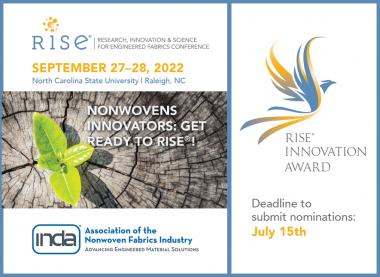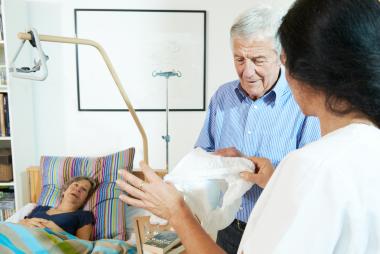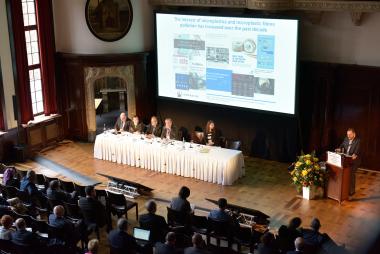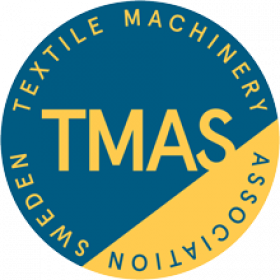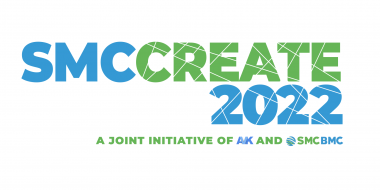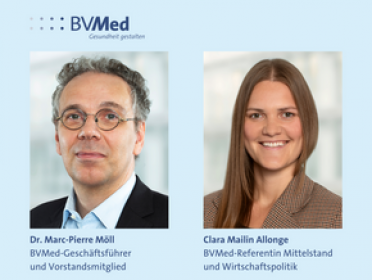NCTO announces Winner of the 2022 Paul T. O’Day Memorial Scholarship
The National Council of Textile Organization’s (NCTO) Fiber Council announces Ms. Abigail McBee, of Gaffney, SC as the recipient of the 2022 Paul T. O’Day Scholarship Award.
NCTO Chairman David Poston, President of Palmetto Synthetics LLC, commented, “We are pleased to recognize Ms. McBee’s exceptional record of academic achievements with her selection as the 2022 recipient of the Paul T. O’Day Memorial Scholarship. All of us on the Fiber Council congratulate Ms. McBee and wish her continued success in her academic career.”
The scholarship program was created in 2014 in honor of Paul T. O’Day who served as President of the American Fiber Manufacturers Association (AFMA) for more than three decades. The Association merged with the National Council of Textile Organizations in April 2018, and NCTO’s Fiber Council now administers the scholarship program. Recipients receive a $5,000 award each year, totaling $20,000 for four years of study.
NCTO














